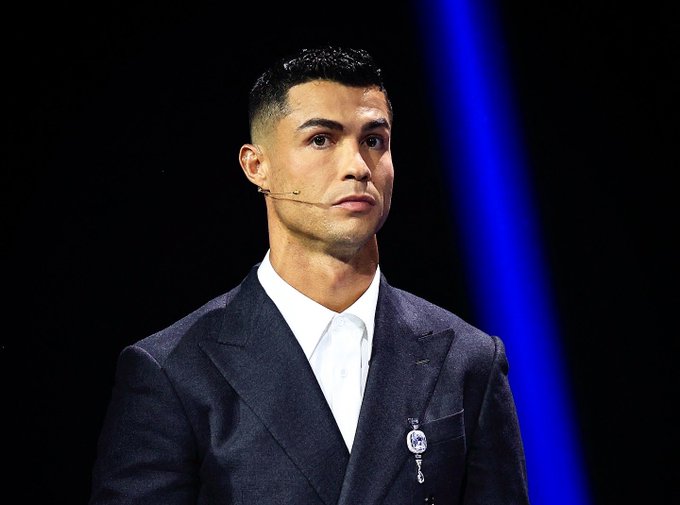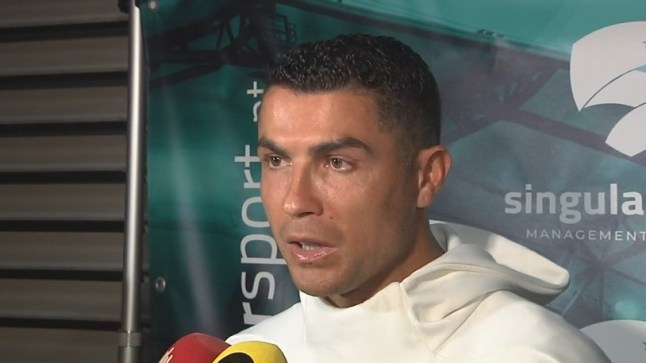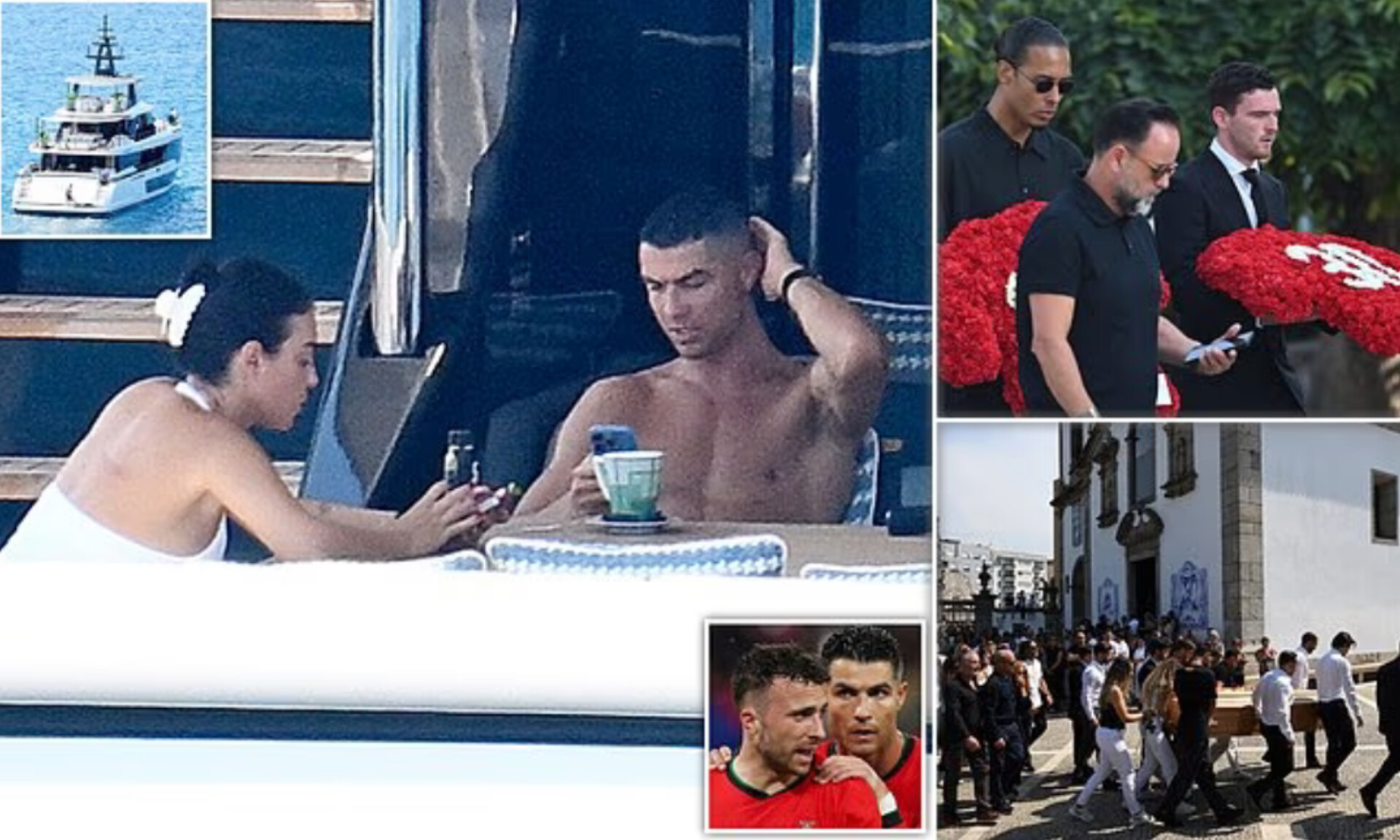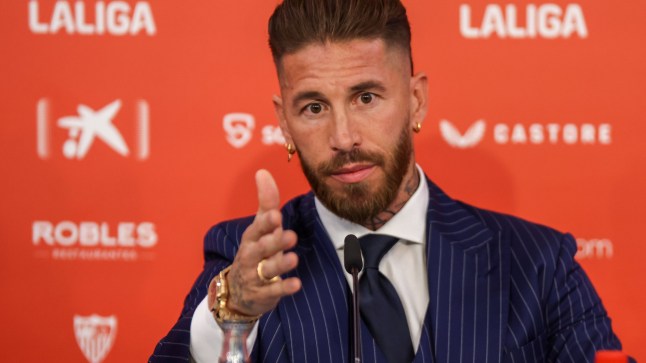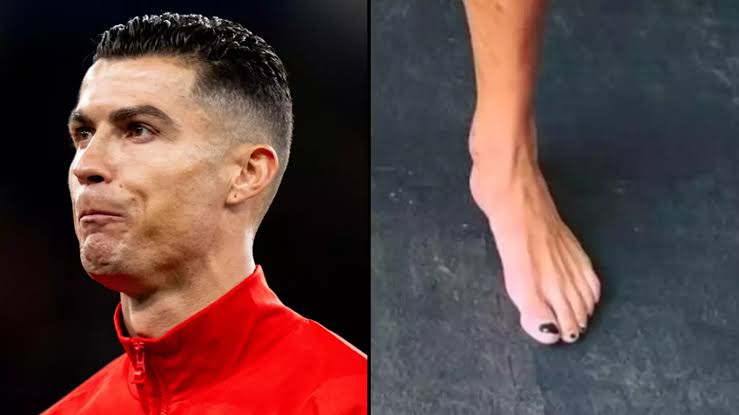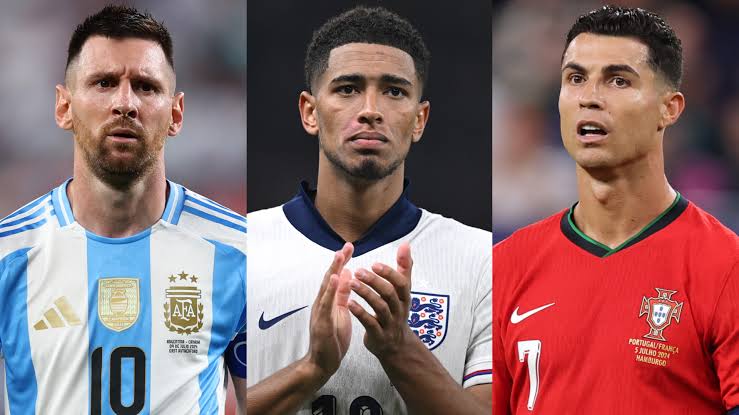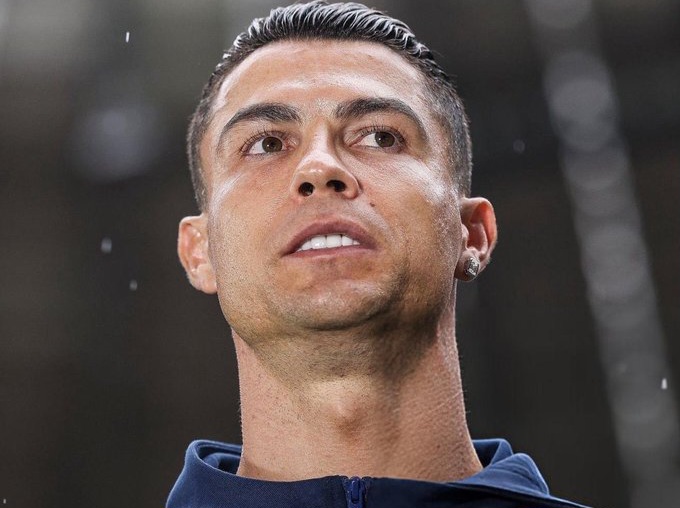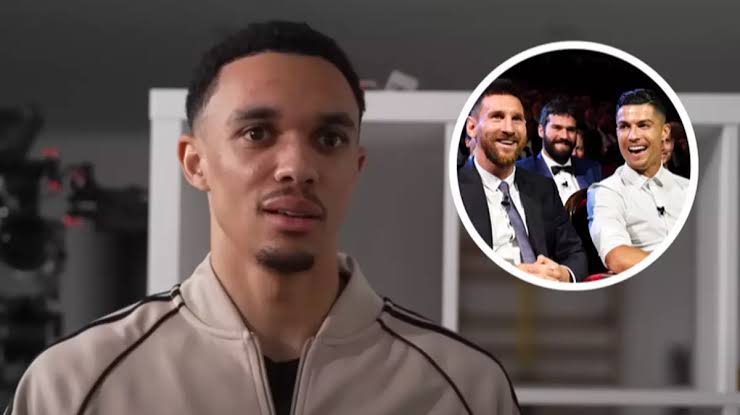[ad_1]
At 40, Ronaldo continues to perform at a high level for both his club and national team. ..Continue Reading
He netted 35 goals for Al Nassr last season and played a key role in Portugal’s Nations League triumph during the summer.
The legendary striker remains driven to score and succeed, with his sights set on leading Portugal to next year’s World Cup.
Ahead of the qualifier against Ireland, Ronaldo was asked about retirement, revealing that his family encourages him to step away.
“People, especially my family, say: ‘It’s time for you to stop. You’ve done everything. Why do you want to score a thousand goals?’ But I don’t think so,” he told Canal 11. “I think I’m still producing good things, I’m helping my club and the national team, and why not keep going?”
Ronaldo added: “I’m sure that when I finish, I’ll be fulfilled, because I gave it my all. I know I don’t have many more years, but the few I have, I try to enjoy to the fullest.”
On Tuesday, the former Manchester United and Real Madrid star was honored with the Prestige award at the Portugal Football Globes, though he doesn’t see it as an ‘end-of-career award’.
“It’s not an end-of-career award,” he explained. “I see it as recognition of years of effort, dedication, and ambition. I like winning, helping the younger generations—and they also help me maintain my level and continue competing. That’s what excites me: competing with the younger ones. I still have a passion for this.”
Ronaldo is chasing the milestone of 1,000 career goals, having already scored 946 across club and international matches.
If he reaches that number, he would be the first player in history to do so.
Following his new deal with Al Nassr this summer, Ronaldo will look to add to his 141 international goals when he returns to the pitch for Portugal.
[ad_2]
Source link
